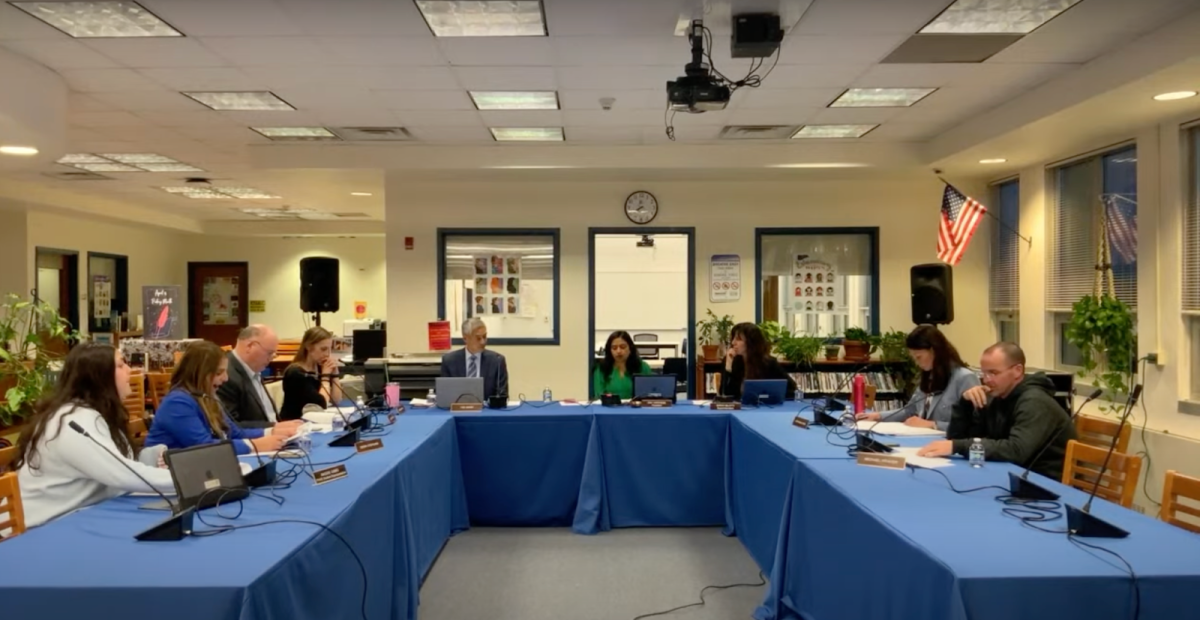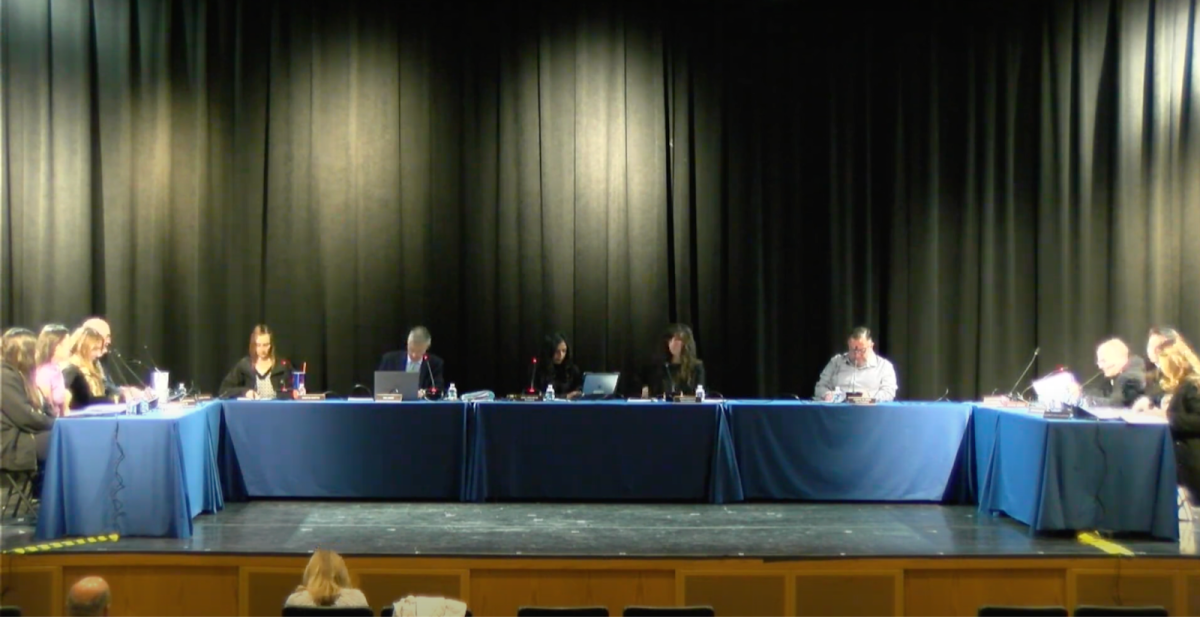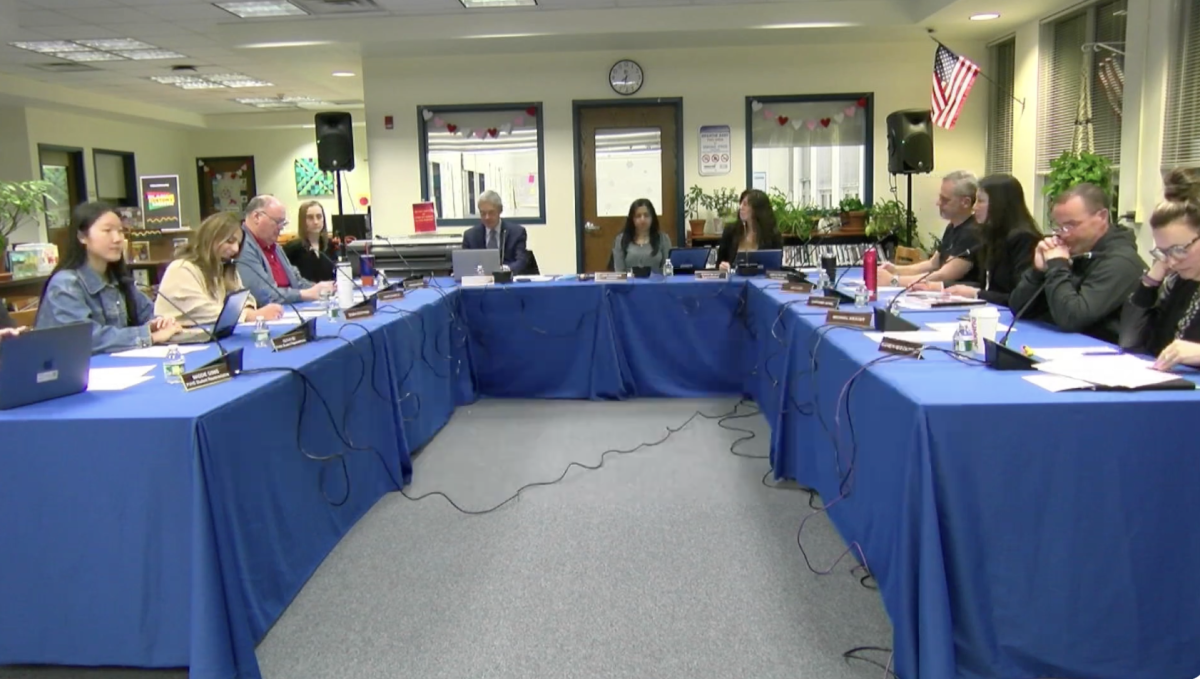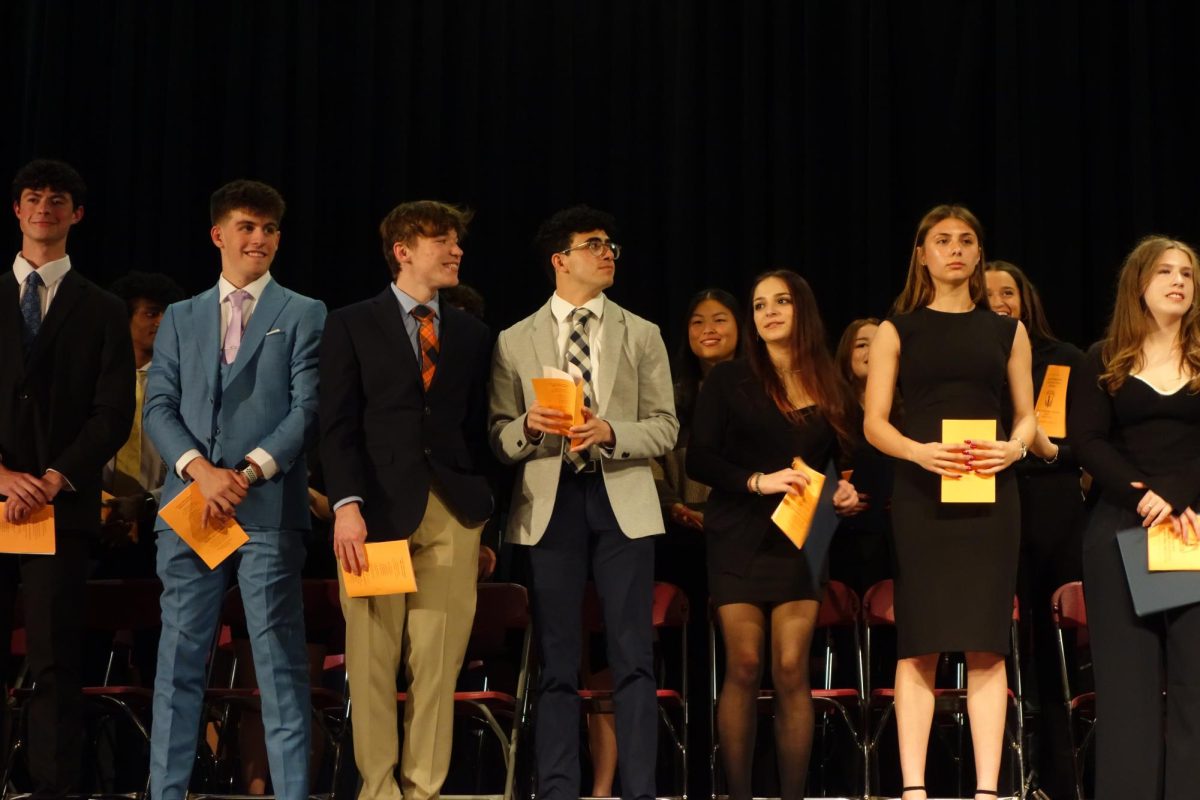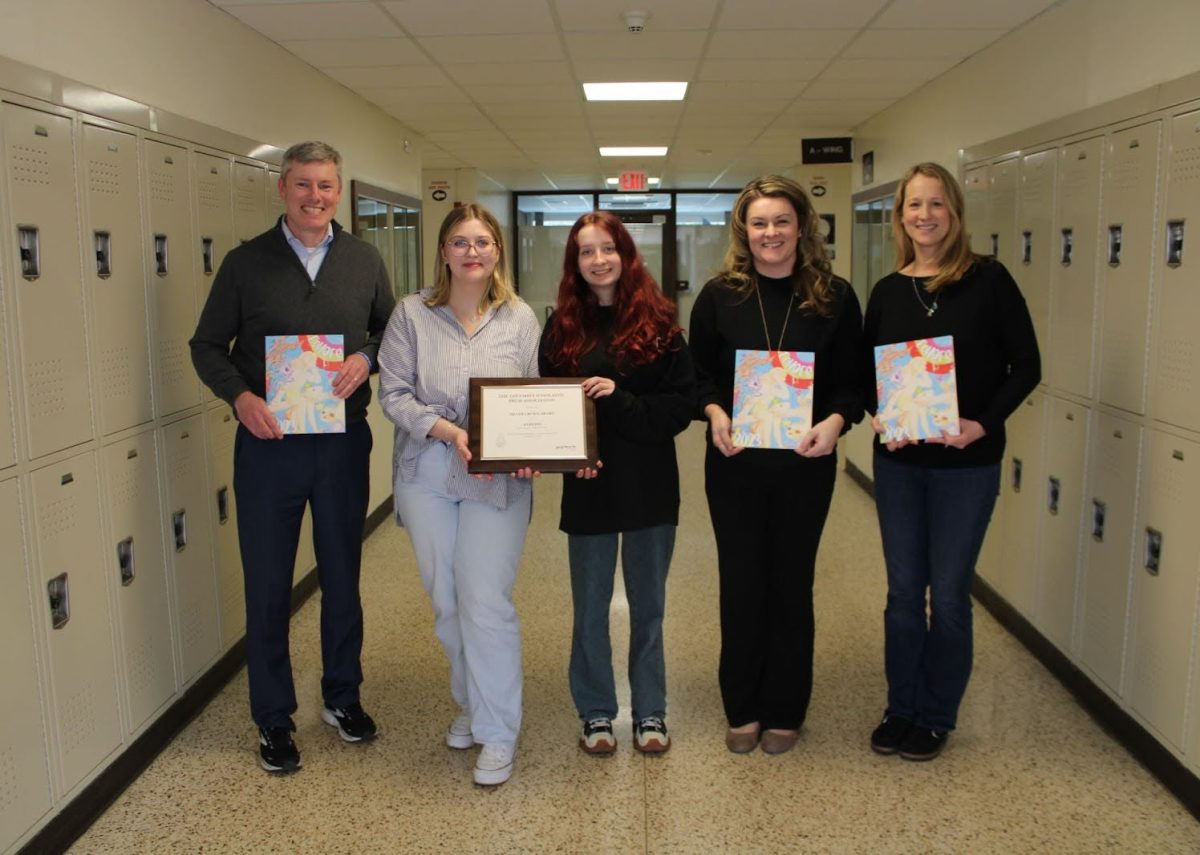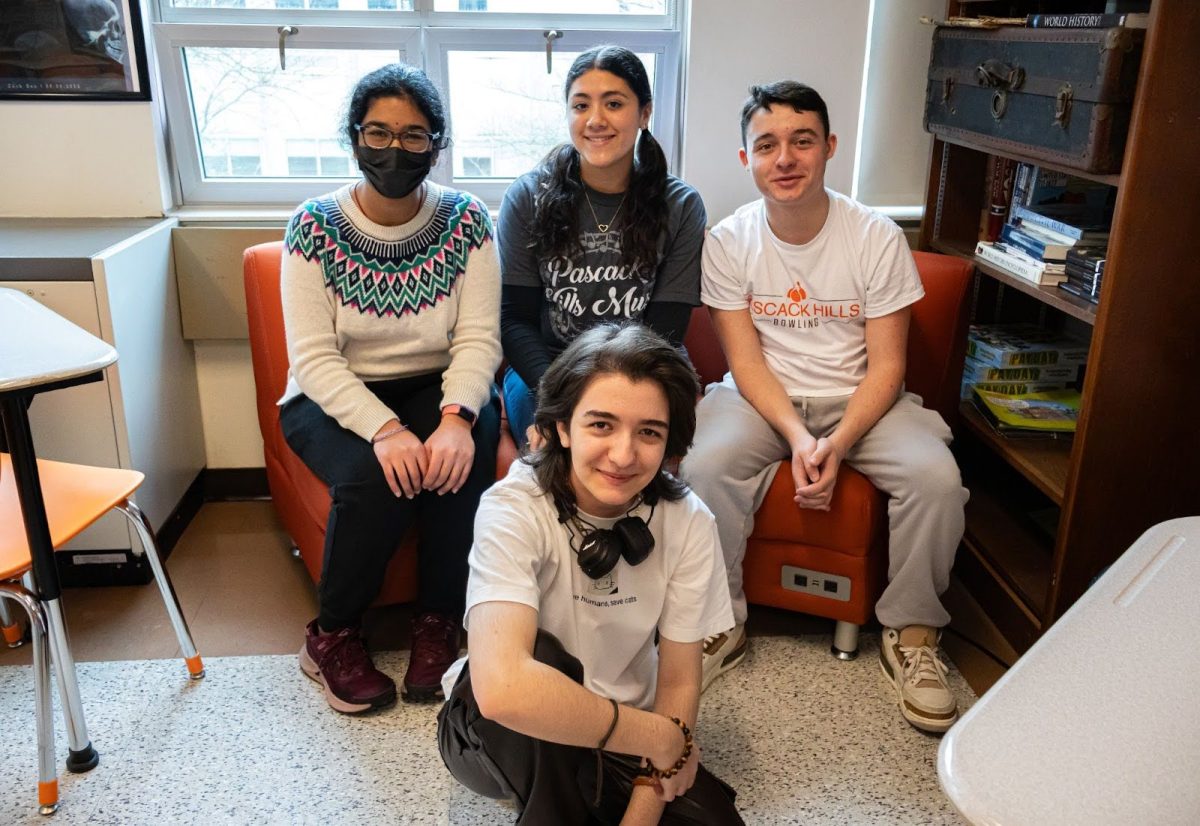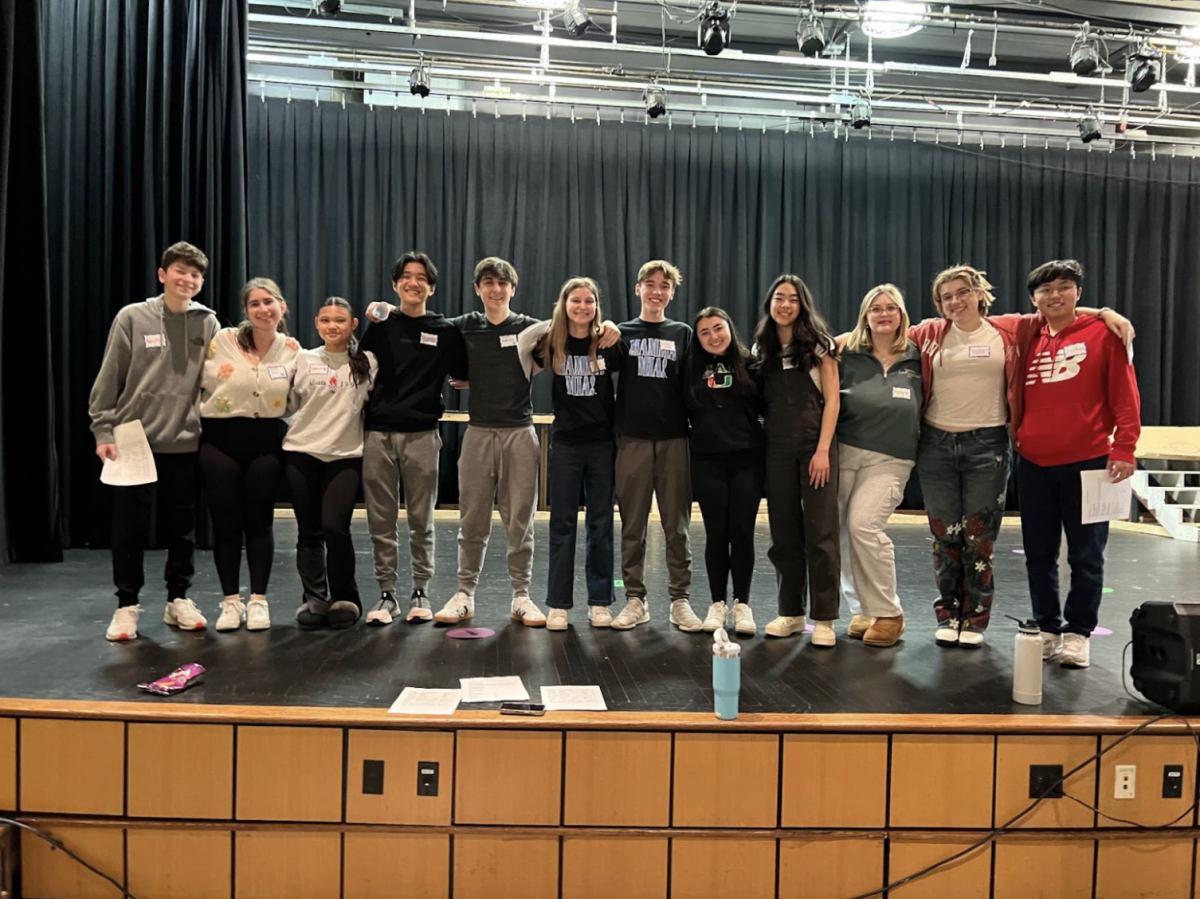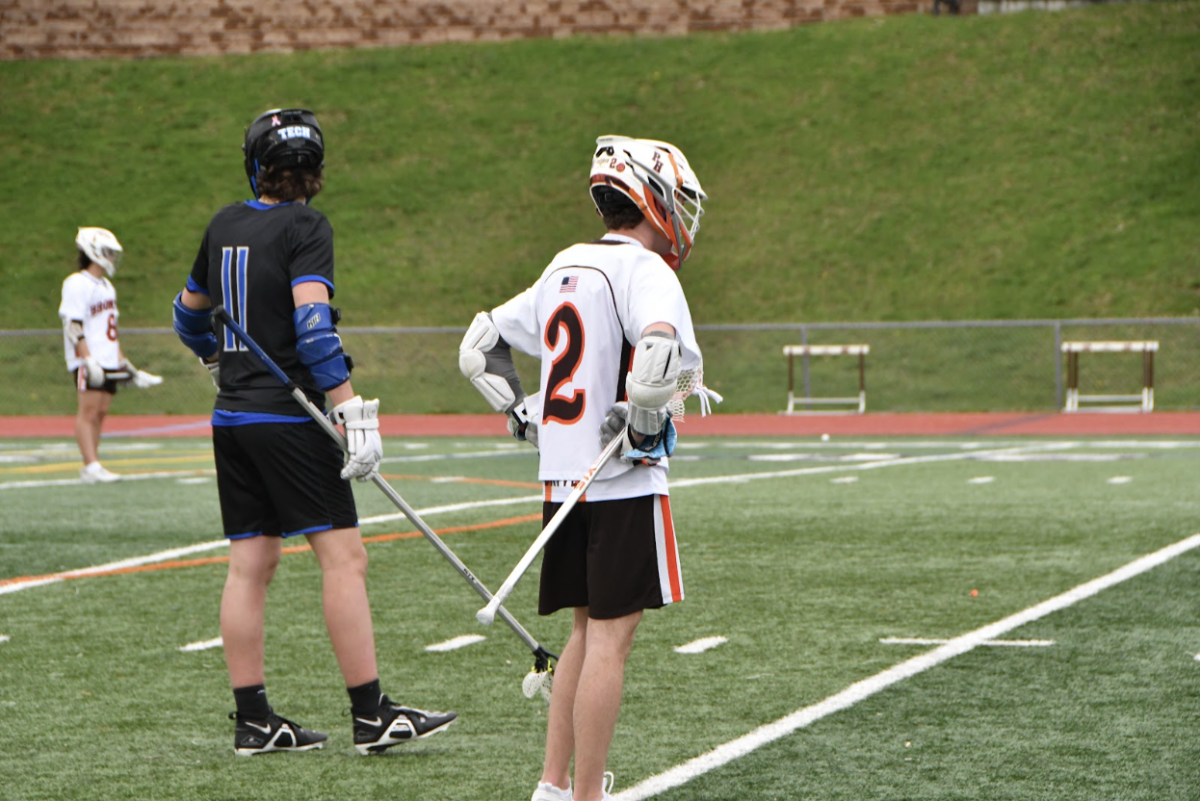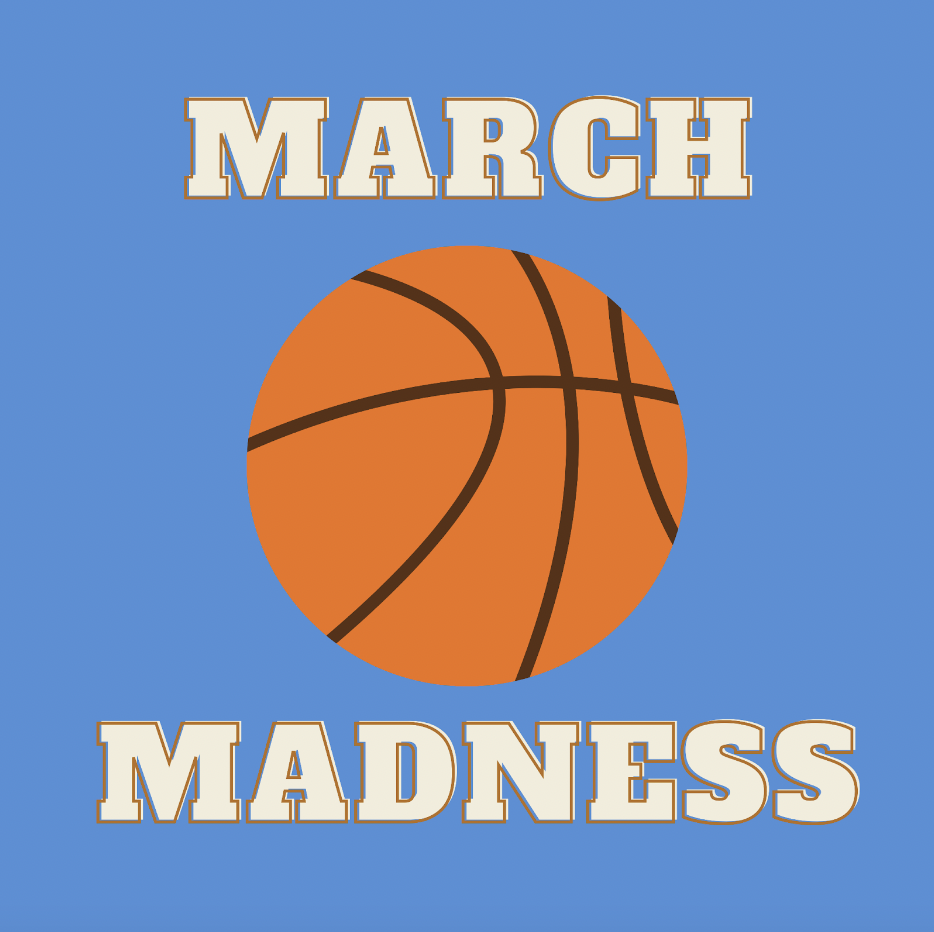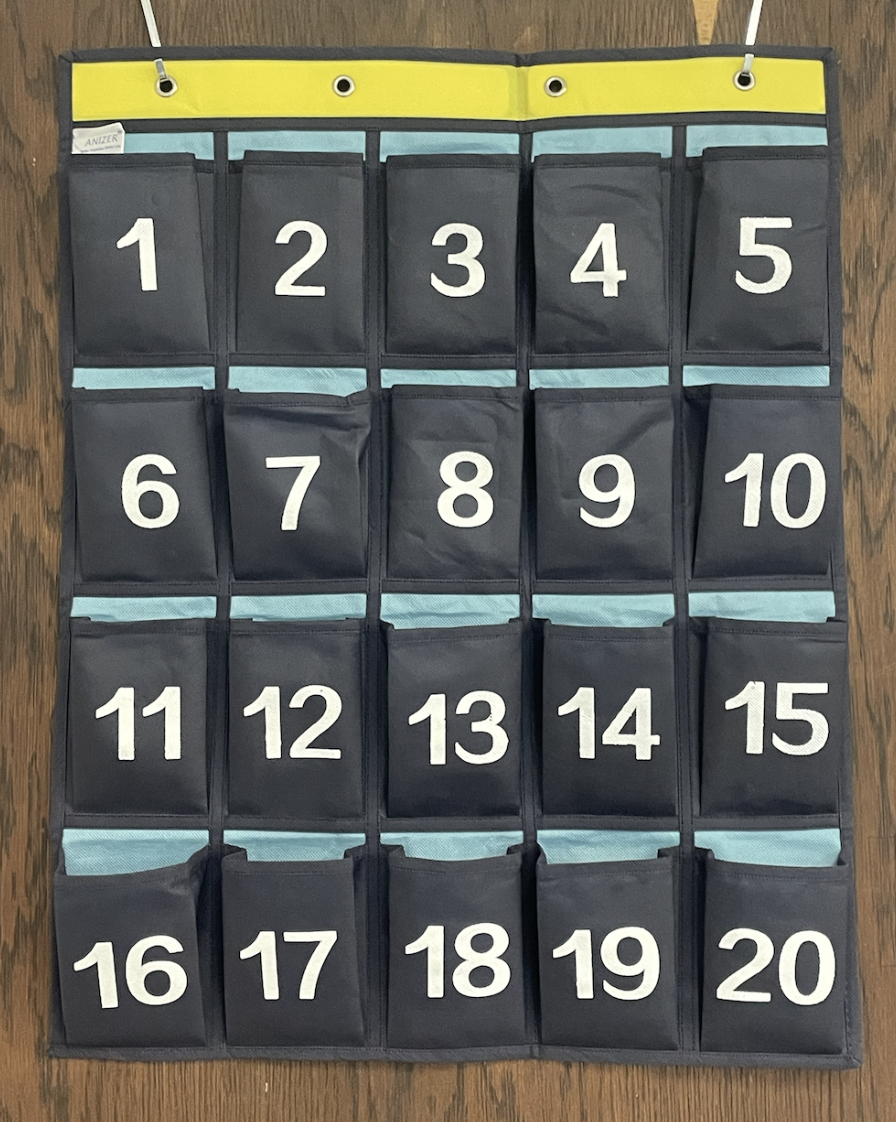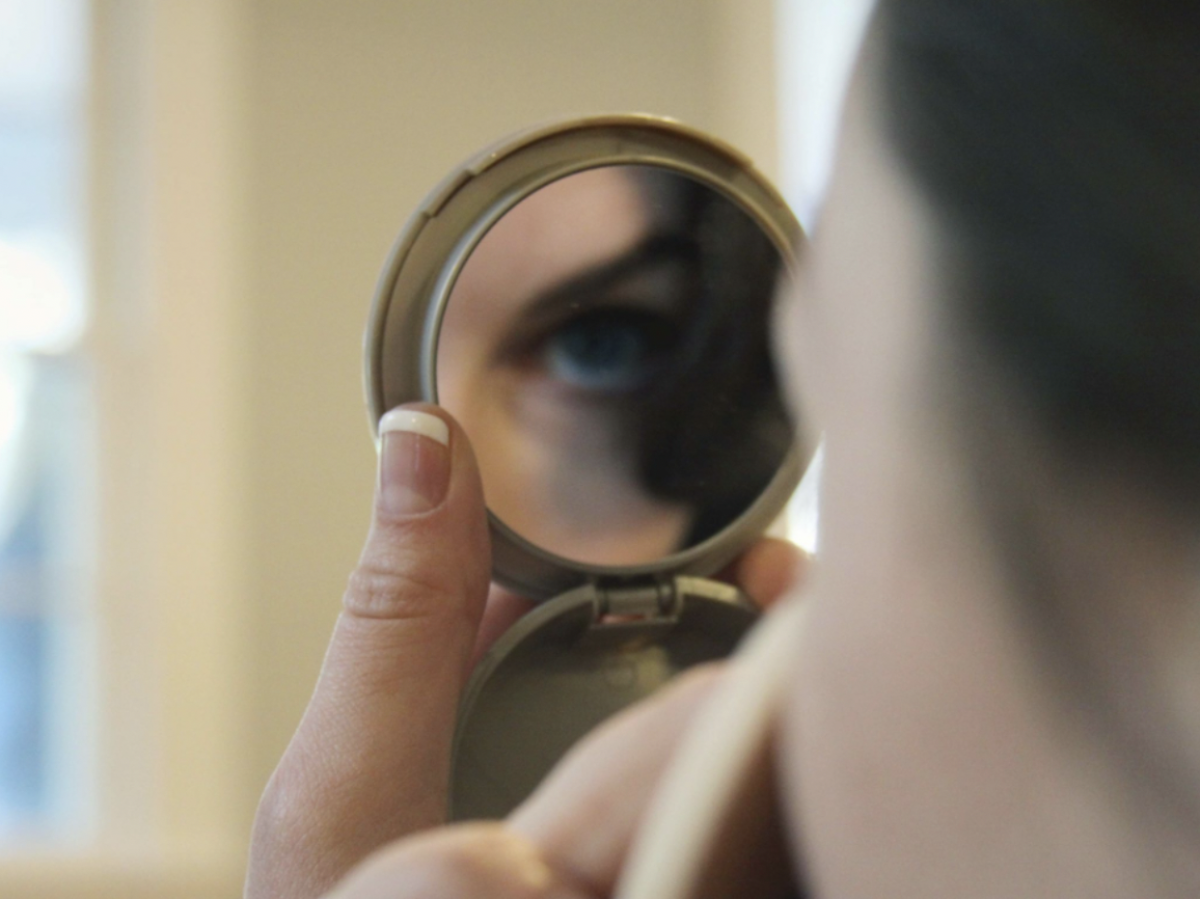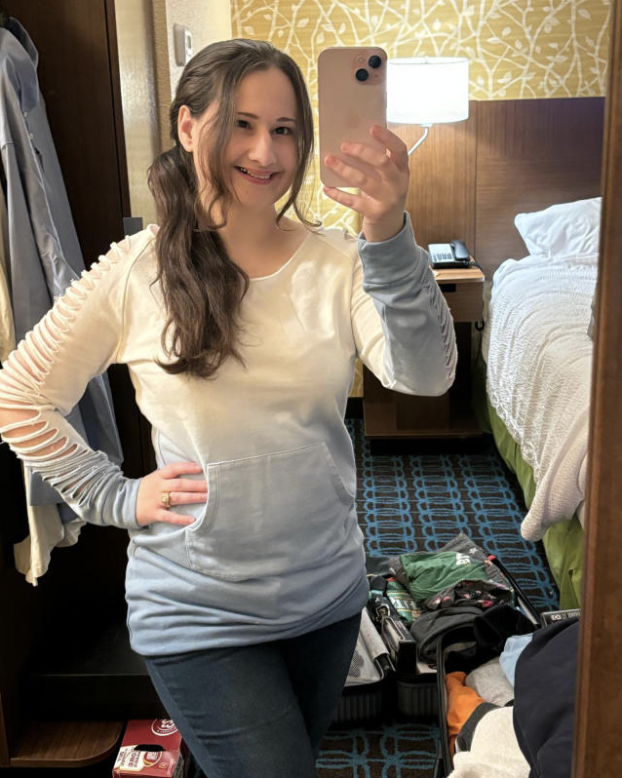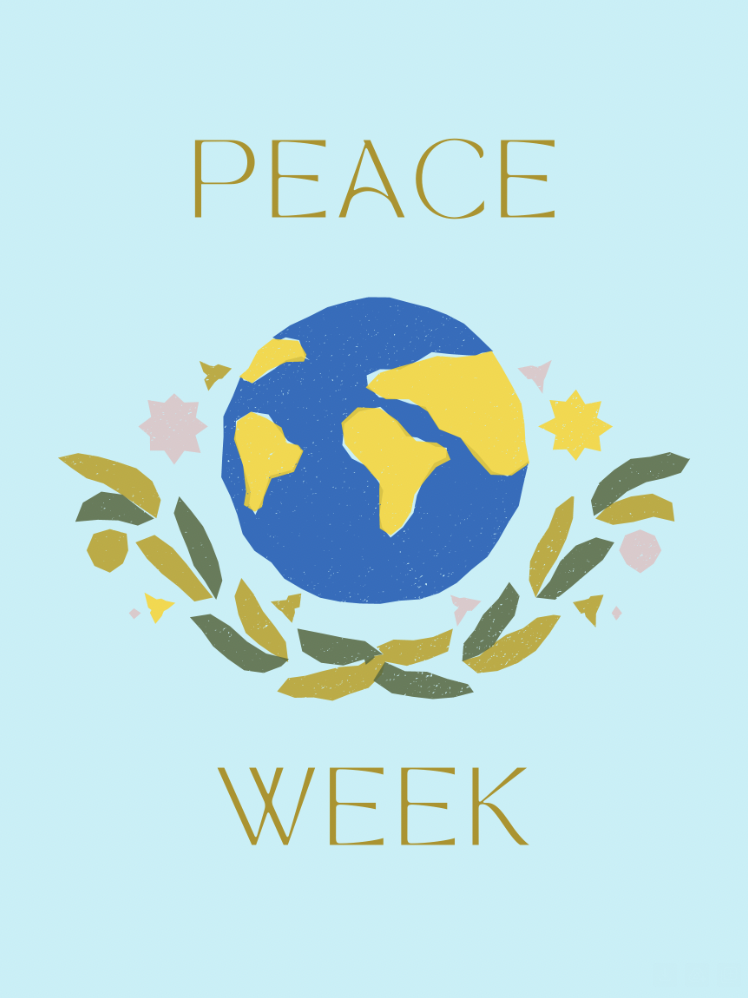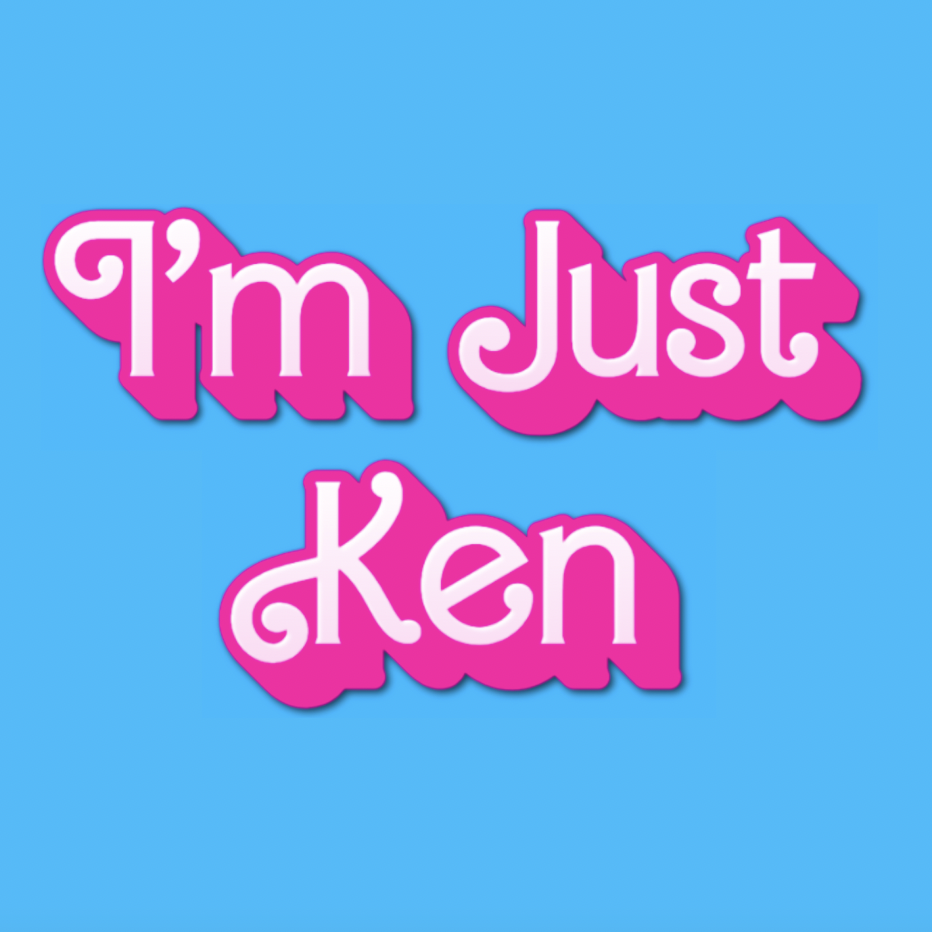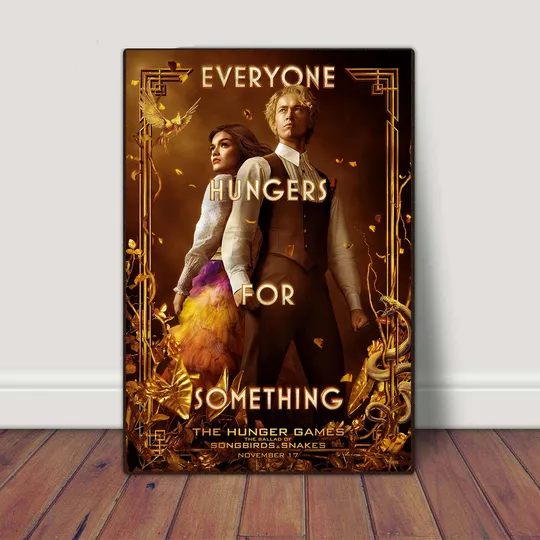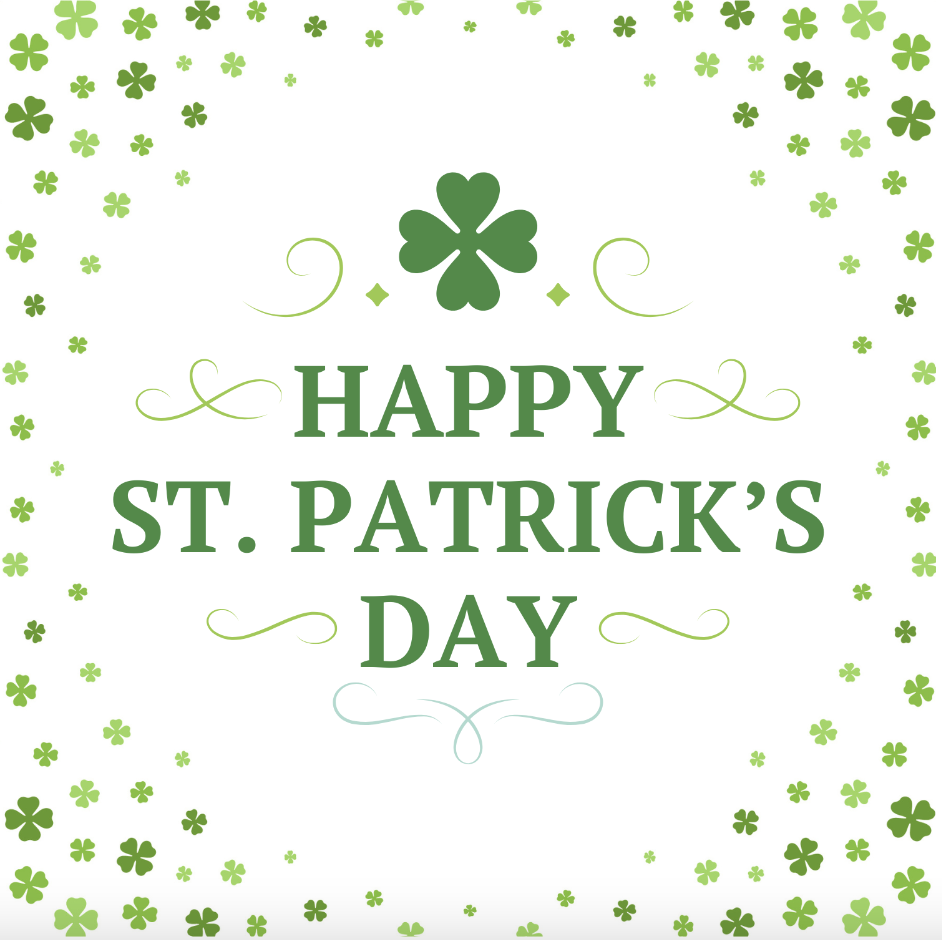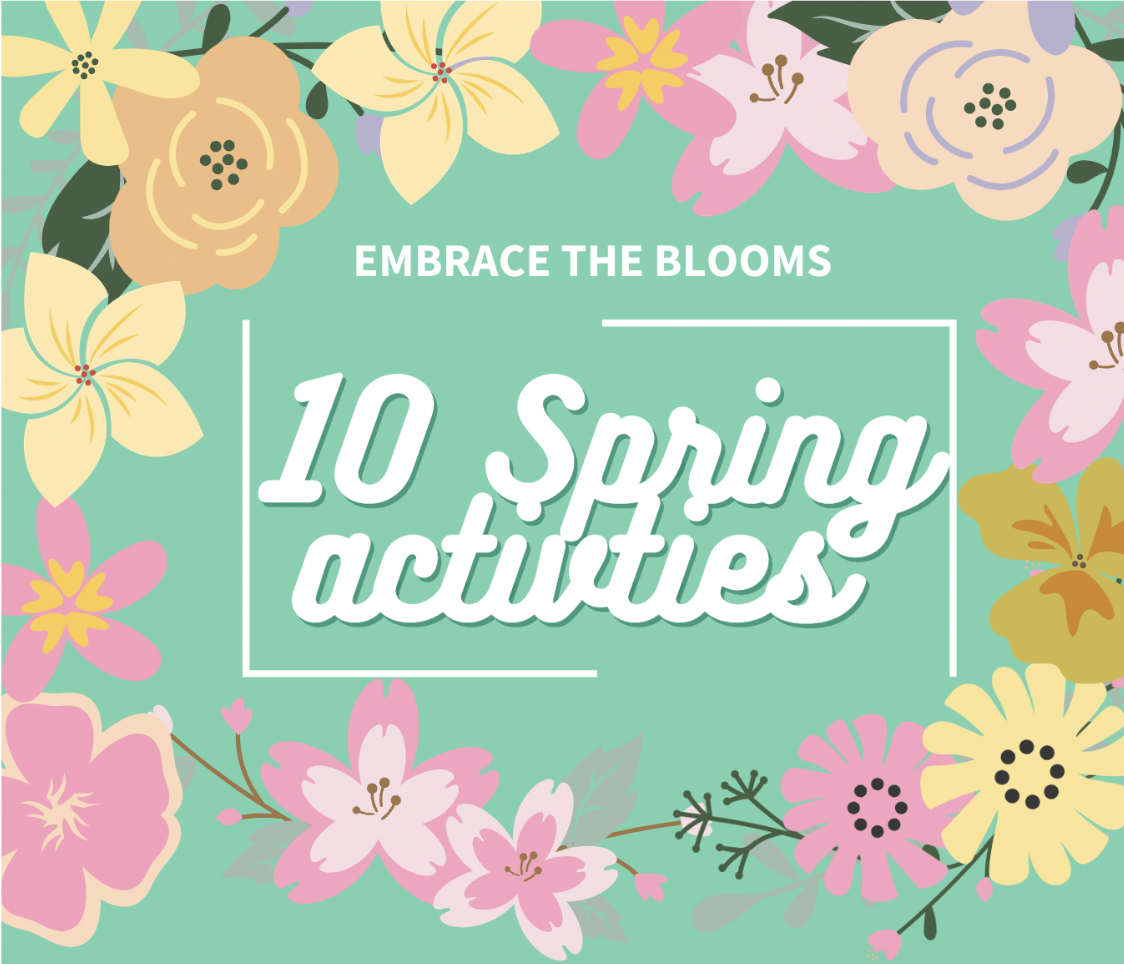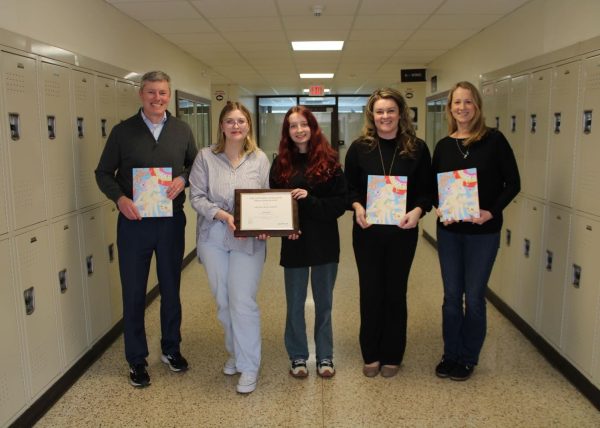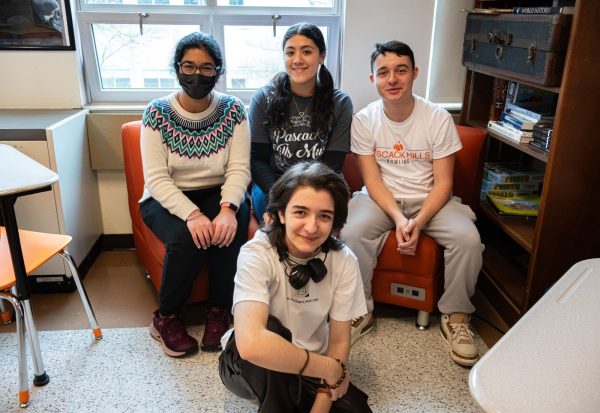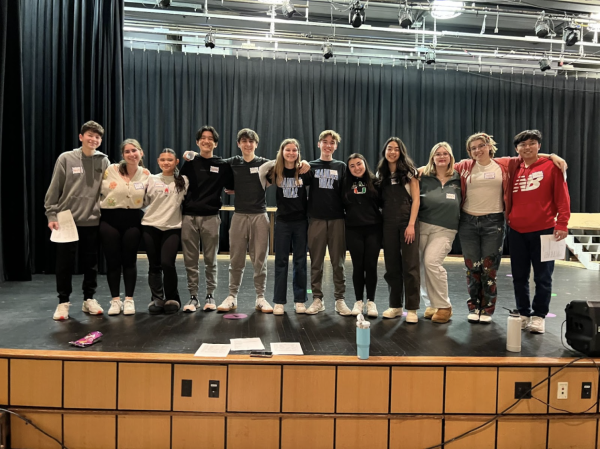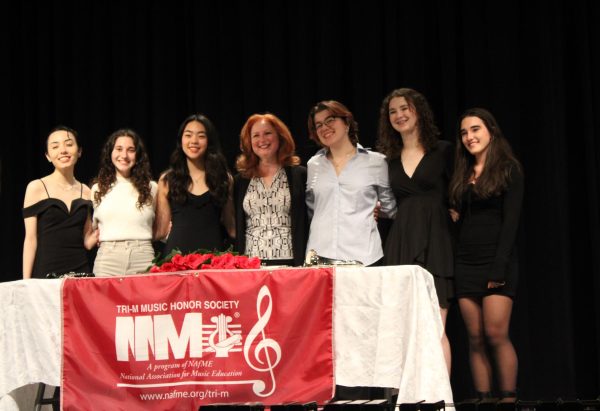The PHHS guide to swift Wordle wins
The latest internet-obsessed game offers players six chances to guess the mystery word, but here are some methods that will get you there faster.
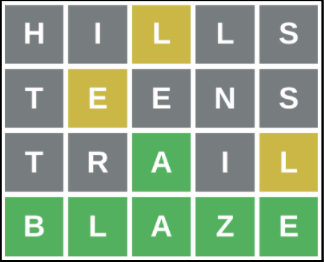
Software engineer Josh Wardle’s vocabulary puzzle game has taken the web by storm, jumping from 90 players to a few million, but it is not hard to see why. The rules are simple, yet addictive and invite anyone who likes a good challenge.
Players have six attempts to find the word of the day, and each guess yields new clues. Green indicates that a letter is in the right spot, yellow means the letter needs to be moved somewhere else, and gray letters are not in the word at all.
Guessing random five-letter combos might result in the occasional win, but the following techniques are more well-suited for the competitive crowd.
Make the most of your first word
Every new guess in a game of Wordle should be based on what you already know. So what do you do when you don’t know anything yet? Choose your letters wisely.
E and A are the most common English vowels and the most frequent consonants being T, N, S, and R. Words like START, SNEAR, TEARS, or other combinations of those letters are likely to land you yellow or green squares on the first turn.
“You should start with five different common letters as it’s your best chance at guessing correctly,” said Hills freshman Nathaniel Edelshain.
At least one of the five vowels appears in nearly every English word, so vowel-heavy guesses such as ADIEU and AUDIO are great ways to get them off or on the board, sooner rather than later.
Letter pairings are crucial
Looking at letter frequency will get you far, but the phonetic ins and outs of English offer even more valuable insight. To up your game, don’t look at frequency in the context of the language, but in the context of words.
Basic spelling knowledge will reveal common two-letter groups that can be helpful to those seeking Wordle answers. If a G is locked in as your first letter, an L or R would be more logical to follow than an S, despite the latter being more common overall. GREAT and GLEAN are words, but nothing starts with GS.
“I use letters that cover a wide range of words,” said history teacher Owen Haveron, “but I also put them in an order where they’re more likely to be correct.”
CR, SH, and PL often begin words whereas NT and CK are regular word closers. Vowel-wise, the letter A can be routinely spotted after E or before I. Thinking about the game like this will quickly lead to not just knowing what letters are present, but where in the word they can be found, which cuts down significantly on guess count.
Just because you know a letter doesn’t mean you need to use it
Say your first guess got you one green letter. You’re off to a solid start, but with little information outside of that, there are too many possibilities of where to go next. A great strategy in this case would be to craft a second guess using an entirely new batch of letters.
Wordle doesn’t require the player to continuously use a letter once they have it, so you can maximize the amount of information gained on each turn by using as many different letters as possible.
With enough luck and brainpower, you can figure out all remaining pieces of the word within two or three guesses, leaving you the last few turns to put everything in the right order.
Use other players’ games to your advantage
One of Wordle’s greatest features is the ability to send shareable grids of your game to friends or family without spoiling the solution. However, keen-eyed players can obtain a lot of information from these grids without ever seeing the letters.
The game pictured shows a player struggling to fill in the first spot after placing everything else relatively quickly. Anyone who had this game sent to them can see that the word’s final four letters end a variety of words.
The Merriam-Webster dictionary contains a dozen five-letter words ending in IGHT, so seeing this recurring pattern in someone else’s game might hint at the eventual solution, LIGHT in this game.
If you know your friends are committed to E’s or A’s in their first guesses and the top row of their grid is devoid of color, try out different vowels to begin. After all, it’s only cheating if they tell you the answer!
Reference past Wordle solutions
Yes, there’s a new word everyday, but the old ones will always be there to help as reference. If all else fails, your last attempt at the Internet’s daily five-in-six lies in the past solutions. Various resources offer organized lists of every word that’s been put up for solving, and as always, there are patterns.
Taking a look at the 20 most recent answers, a double-letter has only appeared twice, both times being two L’s at the end, KNOLL and SKILL. This same timeframe shows only one word with U as the sole vowel, it being more prevalent in words like SUGAR and COULD. There also hasn’t been a single word in the last month that ends in S, meaning you should steer clear of plurals when you can.
“Overall, I think the Wordle algorithm has a tendency to choose fun words,” said junior Daniel Goldman. “It doesn’t usually pick anything common or mundane, and knowing that helps.”
The past solutions act more as a “hall of records” than a strategy book, but identifying trends is the first step to cracking the system.
So, what’s next for Wordle?
The New York Times bought Wordle on January 31 for a price tag in the “low seven figures,” and while they initially plan on keeping it free to all players, the Times’s goal of more digital subscriptions begs the unfortunate question : “will Wordle become pay-to-play?”
“I’m not sure whether charging players would rack up enough money to be worth it,” Haveron speculated, “but running advertisements on the game’s website is probably something [the Times] will do.”
For the moment, it’s unclear when the hit game will go from a cost-free online gem to a monthly news subscription, or even if that’s what the Times plans to do with it, but the best thing for now is to continue improving the imagination and critical thinking that have turned it into such a phenomenon.

Hills senior Ethan Kaufman is excited to be a part of the Trailblazer staff for another year. He wrote for the publication a few times his freshman year but became more involved his junior year as a staff member. This year, Kaufman is looking forward to editing the Arts & Entertainment section and assisting in editing for the Sports section.
Fun fact: Kaufman watched 671 movies in the span of a year.


